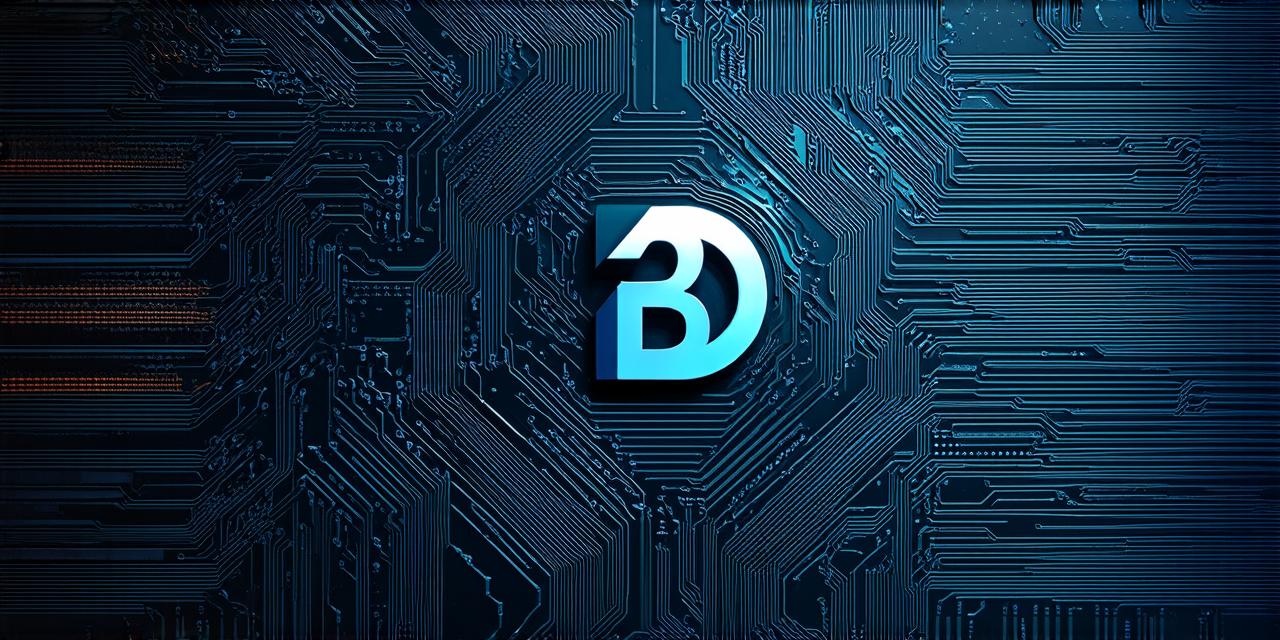As a Unity developer, you are constantly working with various scripting languages to create immersive experiences in your projects. In this article, we will take a closer look at the most commonly used scripting languages in Unity and what makes each of them unique.
C: The Default Language for Unity
C is the default language used for scripting in Unity. It is a high-level, object-oriented programming language that was developed by Microsoft and is now open source. C has a strong syntax that is easy to learn and read, making it an ideal choice for beginners.
One of the biggest advantages of using C in Unity is its ability to integrate with other C projects and tools. This means that if you have experience working with C, you can easily use your existing knowledge in Unity. Additionally, C is a powerful language that allows developers to create complex systems and algorithms.
JavaScript: A Cross-Platform Language
JavaScript is another popular scripting language used in Unity. It is a high-level, interpreted programming language that was developed by Netscape Communications. JavaScript is primarily used for client-side scripting, but it can also be used on the server-side with Node.js.
One of the main advantages of using JavaScript in Unity is its cross-platform compatibility. This means that your scripts will work seamlessly across different devices and operating systems. Additionally, JavaScript has a large community of developers who constantly contribute new libraries and tools to the language, making it easy to find solutions for common problems.
Booleans: A Simple Language for Basic Tasks
Booleans are a simple scripting language used in Unity for basic tasks such as toggling between two states or checking conditions. Booleans consist of only two values, true and false, and can be used to create simple if/else statements.
While Booleans may seem limited compared to other languages, they are incredibly useful for creating basic functionality in your Unity projects. Additionally, Booleans are easy to learn and understand, making them an excellent choice for beginners.
Conclusion
In conclusion, there are several scripting languages available for use in Unity, each with its own unique features and capabilities. While C is the default language for Unity, JavaScript is also a popular choice due to its cross-platform compatibility. Additionally, Booleans offer a simple way to create basic functionality in your projects.
As a developer, it’s important to understand the strengths and weaknesses of each scripting language and choose the one that best suits your needs. With a solid understanding of scripting languages, you can create powerful and immersive experiences in Unity.
